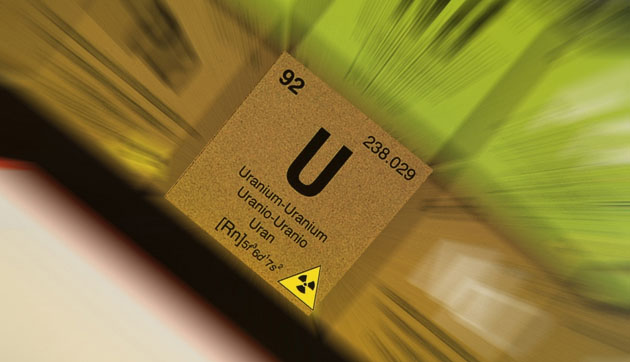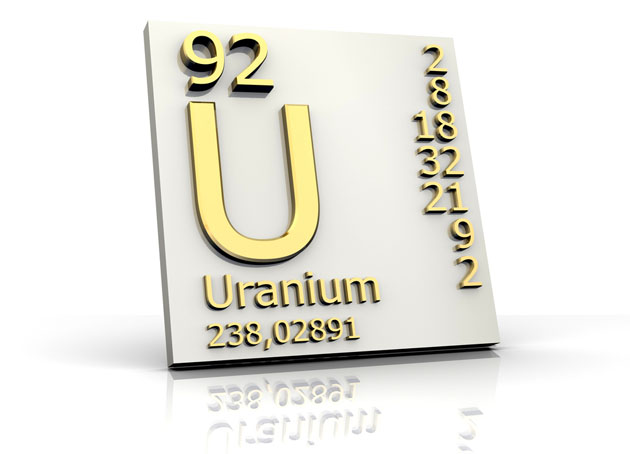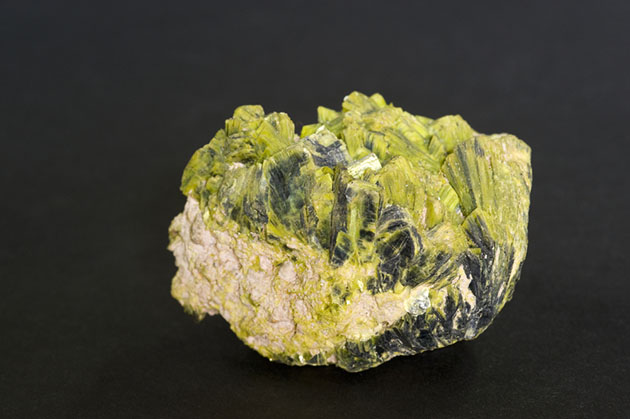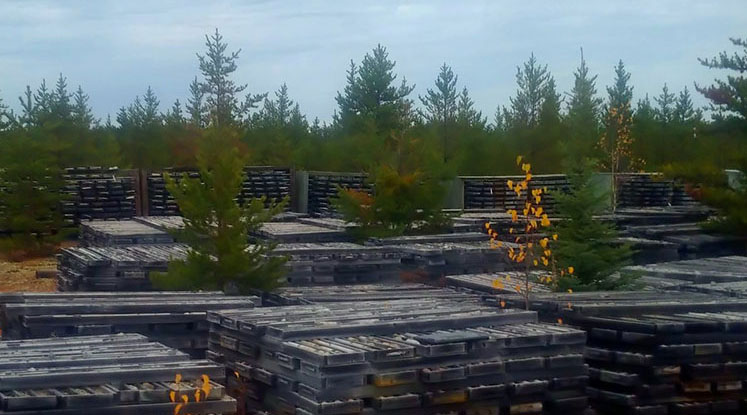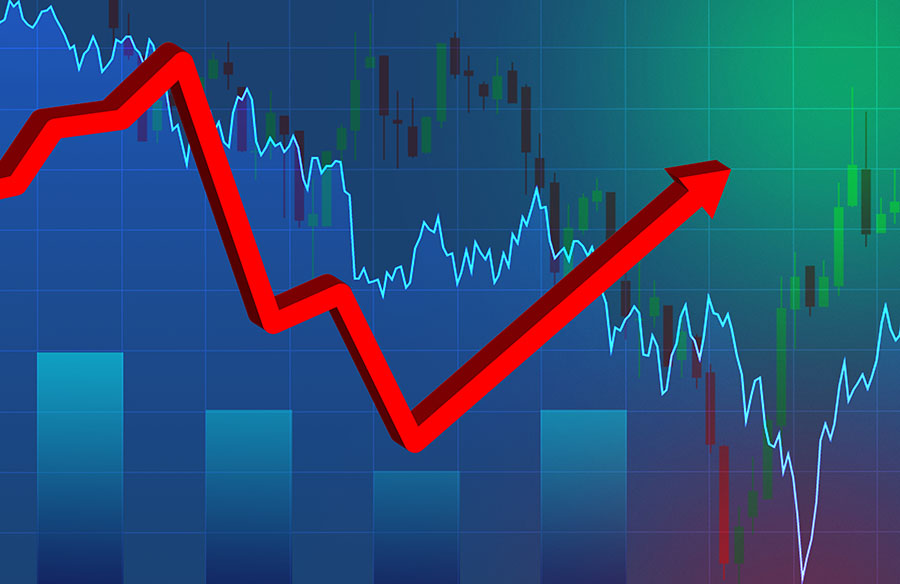The Energy Report: Steve, AlphaNorth created quite a stir when it returned 160% in 2009 and 113% in 2010. But this year's second quarter has seen negative returns. What do you attribute this to?
Steve Palmer: It's hard to generate positive returns when stocks across the board are a no bid. The small-cap Canadian market has been hit pretty hard. There's zero investor interest right now, particularly in small-cap resource companies. I do expect things to get better, though, over the remainder of the year.
TER: Is the current market downturn unusual?
SP: The market is cyclical; every once in a while people head for the hills. The current downturn is related to concerns about Europe and the slowing of growth in China. My view is that concerns about Europe are overdone. There is a slowdown in Chinese growth, but it has been a policy-driven slowdown by the government to cool inflation and the housing market. That policy has been successful, but now investors are complaining about the slower growth. Going forward, the Chinese government will be implementing policies to reaccelerate the growth rate, now that inflation is not an issue. Meanwhile, China continues to increase its energy consumption. The latest data shows that the country's oil imports are up 11% year-to-date.
TER: How do AlphaNorth funds weight the resource sector?
SP: We take a balanced approach. The Partners Fund is 50/50 in resource stocks versus tech and healthcare stocks. Our Growth Fund has a higher resource weighting; it is currently above 70%. But that has not been good for performance in the short term, given that small-cap and midcap resource stocks have been hit the hardest over the last few months.
TER: Why do you focus on small-cap equities?
SP: Historically, small-cap equities are the best-performing asset class over the long term. They are more volatile than fixed-income investments or large-cap equities, but they generate far superior long-term returns. One reason for this is that small caps are often priced inefficiently. I try to buy companies that do not have any analyst coverage or institutional ownership. Getting in early can mean multiplying your money many times.
TER: How does AlphaNorth exploit inefficiencies in small-cap firms?
SP: It's based on risk versus reward. We try to identify situations that have limited downside with lots of leverage to the upside.
TER: Why do you limit your portfolio to Canadian firms?
SP: There are enough opportunities in Canada that we don't have to go looking internationally. I'm more familiar with the players in the Canadian market and how things work here, as compared to the U.S.
TER: Do you favor investing in energy juniors over gold and other mining juniors in the current international economic environment?
SP: In the current environment, I prefer energy to gold. Small- and midcap energy stocks currently offer better value than gold stocks. There's still some euphoria priced into gold by retail investors. Furthermore, energy is a finite resource. Once it's gone, it's gone. Gold, on the other hand, is not consumed; it sits around forever. However, I think both will do well over the balance of the year.
TER: Steve, you have been a strong proponent of uranium stocks in the past. Given the current economic climate, what upside is there for uranium? Are there any uranium juniors that you like?
SP: Uranium has been off the radar for a while because the situation in Japan has been a big negative for uranium companies. But I believe that the Japanese nuclear reactors will be restarted. In addition, China has a program to expand its nuclear energy infrastructure quite significantly. Over the longer term, uranium should do quite well. A micro-cap name we like is Athabasca Uranium Inc. (UAX:TSX.V; ATURF:OTCQX). It is one of the better small caps in terms of its potential to find an economic deposit in Canada. Denison Mines Corp. (DML:TSX; DNN:NYSE.A) is a larger-cap name that also has good prospects.
TER: Shifting to oil and gas, what regions in Canada are the most promising for juniors?
SP: Canada is a mature basin for energy. The most exciting opportunities are those companies that are exploiting new extraction techniques. New fracking technologies and horizontal wells have opened up areas that were previously uneconomic.
TER: How do you assess takeover potential for energy juniors in Canada?
SP: We look at the potential value of the company's asset relative to some of the larger companies nearby and whether or not it will be a strategic acquisition for them. Quite often, larger companies acquire land surrounding an area where a junior company already owns land. Therefore, land value can imply a significantly higher market cap for the junior company.
TER: Do you have any advice for investors who are looking at junior equity stocks in Canada? Should they hold their cards, or go looking for cheap investments?
SP: It is a tough market environment. The TSX Venture index is down over 50% since March of last year. There have been very few winners for anybody. I see a similar situation to 2008 in the small-cap environment, where investor sentiment is extremely negative. But that's also a positive sign because it can't really get much worse than it is. That's why I'm quite optimistic about the market going forward.
Investors should not be panicking and selling. Generally, almost all of the junior resource companies are trading at attractive levels. If the market rallies, as I expect, everybody will benefit.
The takeaway point is that it's been a very challenging market for investors in the junior energy space. This is not the time to abandon those investments. There may be some firms that are at risk of not getting further funding, and there's potential for some to go bankrupt. Stick with the good ones that are funded with strong management teams, and wait for the market environment to improve, as it surely will.
TER: Thank you, Steve.
SP: You are welcome.
Steve Palmer, CFA, has served as president, CEO and a director of AlphaNorth Asset Management since founding the firm in 2007. AlphaNorth currently manages a long-biased, small-cap hedge fund. As VP of Canadian equities at one of the world's largest financial institutions, Steve managed assets of approximately $350M. He also previously managed a small-cap pooled fund, achieving returns ranked #1 by Morningstar Canada. He has a BA in economics from the University of Western Ontario.
Want to read more exclusive Energy Report interviews like this? Sign up for our free e-newsletter, and you'll learn when new articles have been published. To see a list of recent interviews with industry analysts and commentators, visit our Exclusive Interviews page.
DISCLOSURE:
1) Peter Byrne of The Energy Report conducted this interview. He personally and/or his family own shares of the following companies mentioned in this interview: None.
2) The following companies mentioned in the interview are sponsors of The Energy Report: Athabasca Uranium Inc. Interviews are edited for clarity.
3) Steve Palmer: From time to time, Streetwise Reports LLC and its directors, officers, employees or members of their families, as well as persons interviewed for articles on the site, may have a long or short position in securities mentioned and may make purchases and/or sales of those securities in the open market or otherwise. I was not paid by Streetwise Reports for participating in this interview.




